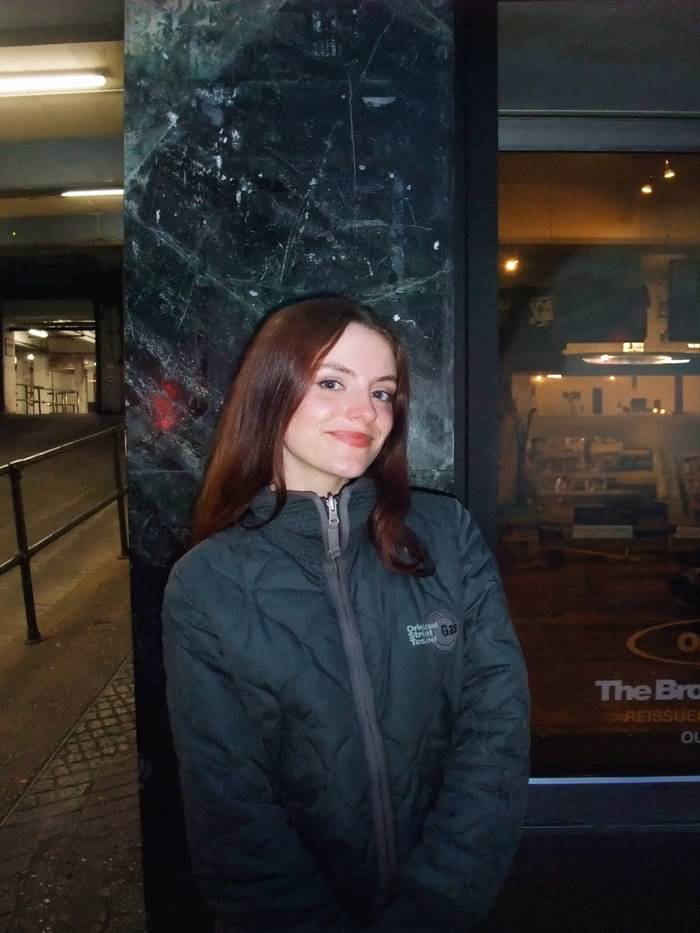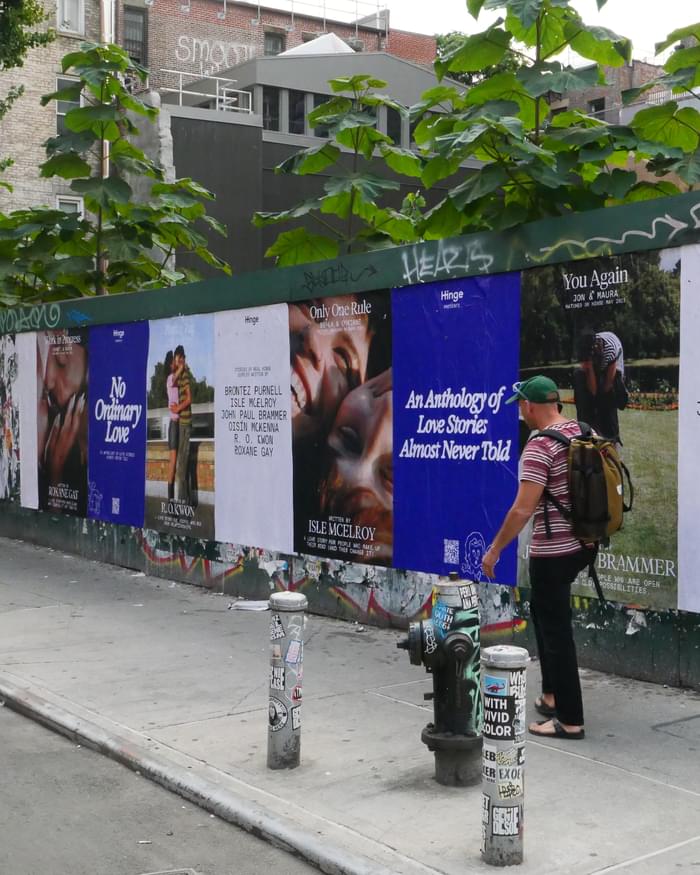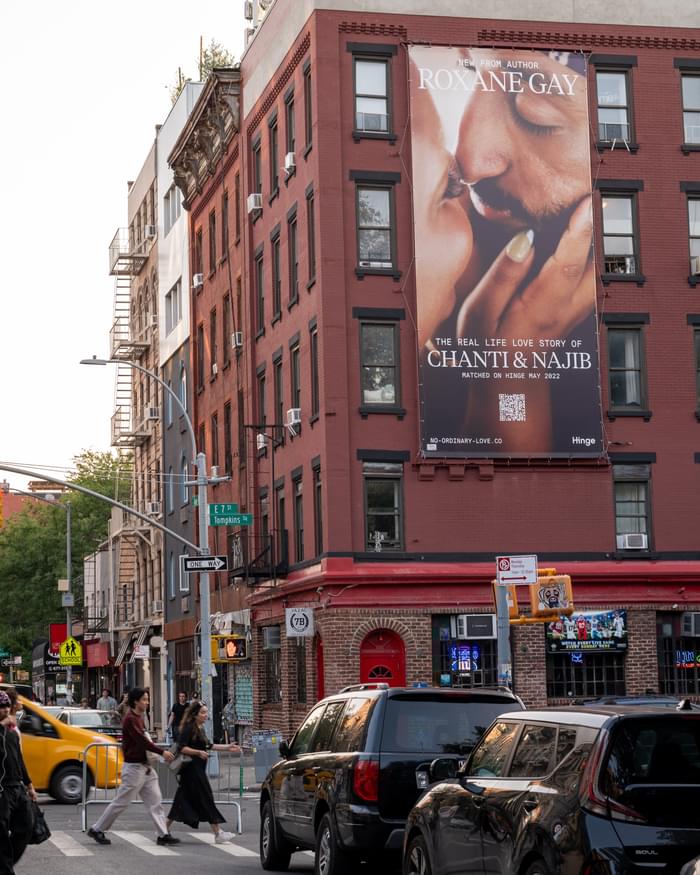
WIP Have you been in situations where you felt like you experienced a lack of confidence and how did you deal with it?
LG I think I'm in constant imposter syndrome, to be honest. Especially right now that I’ve been doing design for a good three years, and am moving more into an art direction role. I would just be like, “this is something I used to do in my bedroom for fun.” For me this is such a pure expression of myself that when I'm putting it to a client, I'm thinking, “is that good enough?” I think it really helps having a team who can guide you as you go, especially when you're more junior. But I think a lot of us are in imposter-syndrome-brain most of the time, just making it up as we go along and figuring out problems that no one really knows until they are faced with the situation.


